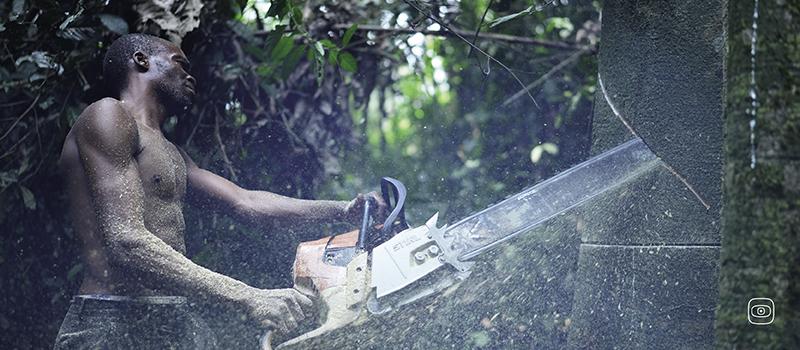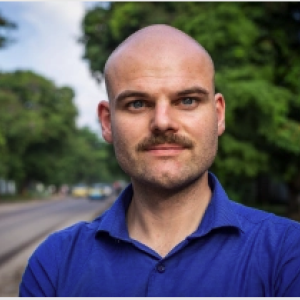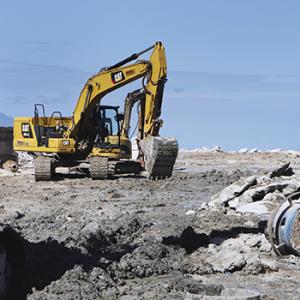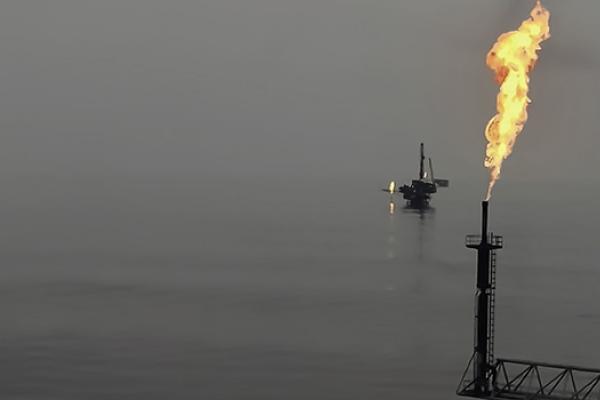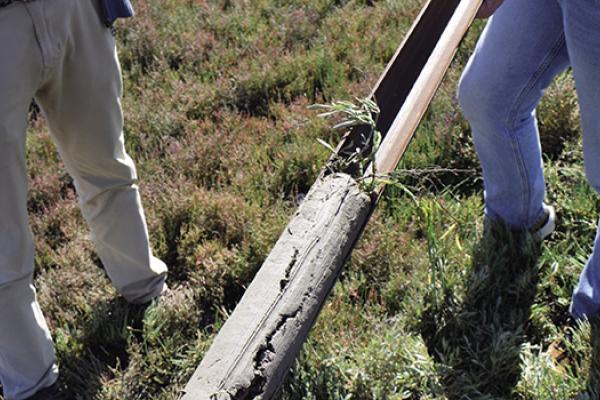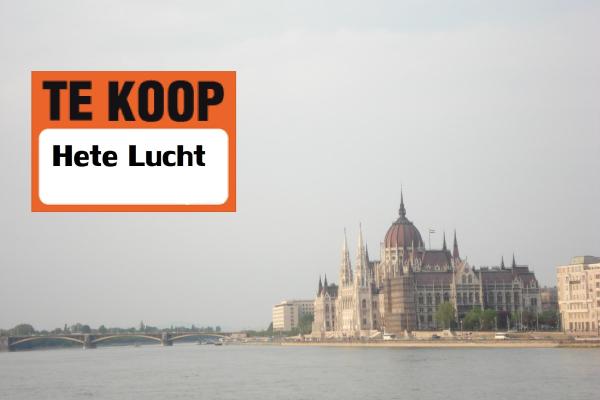The story follows the Isangi REDD+ project, where the notorious American Blattner family promised to protect 190,000 hectares of Congo Basin rainforest. In exchange for the calculatory climate benefit, the company sold 1.3 million carbon credits to companies.
Our investigation combined satellite imagery analysis, on-ground reporting in remote Congolese villages, financial document examination, and interviews with project stakeholders and experts across multiple continents. We traced the links between European corporate buyers, Swiss intermediary South Pole, and the Blattner family's complex web of companies, while documenting the environmental and social promises that were never fulfilled.
The research revealed fundamental weaknesses in the certification system operated by Washington-based Verra, the world's largest carbon credit registry. When projects fail, Verra postpones addressing problematic credits for up to 15 years, allowing them to remain in circulation and contaminate the buffer pool that supposedly insures against such failures. This creates a perverse system where failed credits act as insurance against the very risks that caused their failure. Meanwhile, Northern European companies like Bonnier Books (Sweden), Wolt (Finland) and DNV (Norway) have watched large sections of their offset portfolios sink into limbo, with no mechanism for resolution as projects fail and are abandoned by developers who have already collected payments.
Key Findings:
- The Isangi project sold 1.3 million carbon credits while failing to deliver promised schools, infrastructure, and community support
- Satellite analysis shows forest loss accelerated after the project began, contradicting emission reduction claims
- 64% of Wolt's carbon credits came from two failed projects (Isangi and Kariba)
- More than a fifth of Verra's buffer pool credits come from failed or troubled projects, threatening market stability
- Project withdrawal procedures allow credits to remain in circulation for up to 15 years after project failure.
On the right: A carbon offset company called Jadora promised to protect 190,000 hectares of rainforest, support local communities, and build schools in Isangi, DRC. The promises weren't kept. Today, deforestation continues at a faster pace than before the project began. "If Jadora had provided us with the activities that we need to survive, I wouldn't have to cut down the forest," says Gédeon Litete, an artisanal logger. "But they haven't done anything." Photograph by Jonas Gerding.
